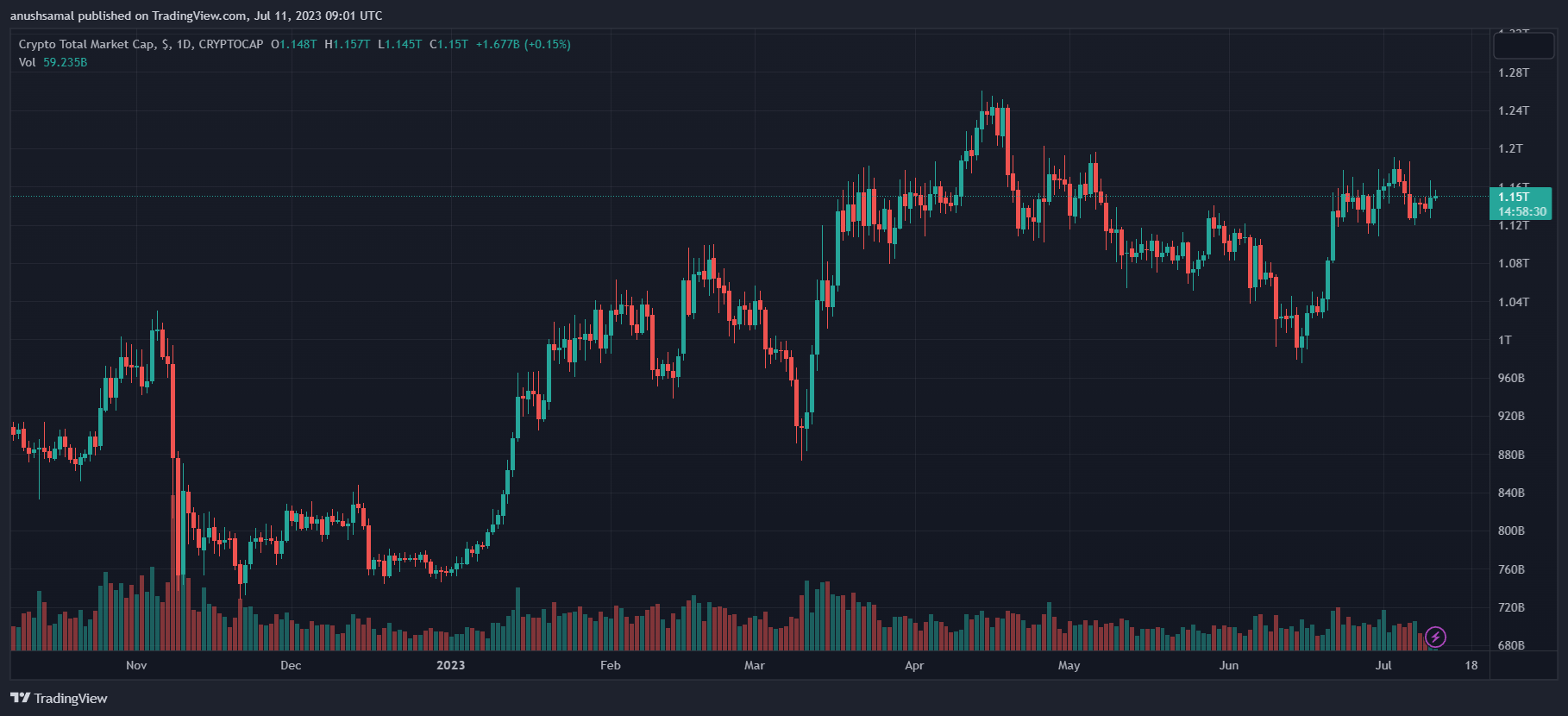Brazil’s CBDC Code Central Authority Freeze Or Reduce Funds
Pedro Raises Specific Concern Over CBDC Source Code Functionality
Magalhães elucidated that the main issue lies in the lack of specificity within the code regarding the circumstances that would warrant freezing tokens and, more importantly, the identity of the entity or entities with the authority to execute such actions.
The absence of clear guidelines in the code creates ambiguity and raises concerns about the potential for misuse or abuse of these powers.
He further emphasized that these aspects, such as the conditions and holders of power to execute freezing functions, should be openly disclosed in the smart contracts and subjected to public discussion. But it was pointed out that this crucial step of transparency and engagement with the population has not been undertaken yet.
Magalhães mentioned to a publication:
One thing is to agree with an operation and execute a DeFi operation that involves different blockchains; another completely different thing is an institution having the ability to freeze the balance on its initiative, and that’s precisely how they’ve developed the smart contracts.
Although the concept of CBDC has been greeted with apprehension in the crypto community due to fears of potential breaches in financial freedom and privacy, supporters argue that the CBDC could bring about a host of benefits.
These benefits include improved tax traceability, inspection of resource allocation, transparency in parliamentary amendments, and a conducive environment for safe innovation.
Despite the concerns, supporters maintain that if implemented and regulated effectively, these advantages could outweigh the perceived drawbacks.
Potential Implications Of This Code
The potential implications of a CBDC have sparked concerns among many members of the cryptocurrency community regarding their financial autonomy and privacy.
These concerns are rooted in the significant power that the CBDC’s code could potentially grant to the central authority, enabling them to exert control over the entire CBDC system.
The existence of such functions raises valid apprehensions among CBDC users about their privacy, autonomy, and the potential for abuse of power.
Consequently, these observations are likely to stimulate discussions about striking a balance between financial control and the preservation of individual liberties within the realm of CBDC implementation.
However, contrary to concerns raised by others, Pedro has put forward the argument that there could be potential benefits to having such functions within the CBDC system.
He suggests that the Central Bank of Brazil may likely retain these functions, particularly for secured loans and other financial operations facilitated through decentralized finance (DeFi) protocols.

Featured image from PaySpace Magazines, chart from Tradingview.com
